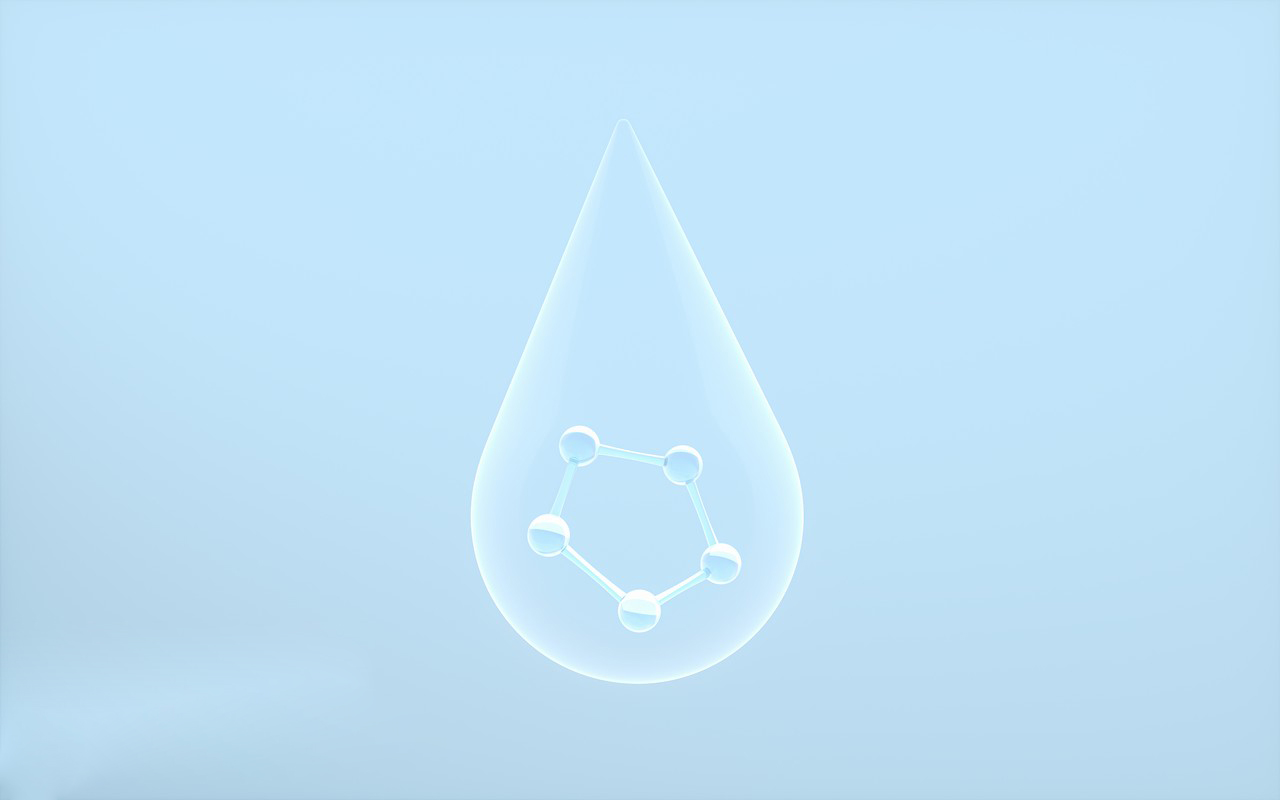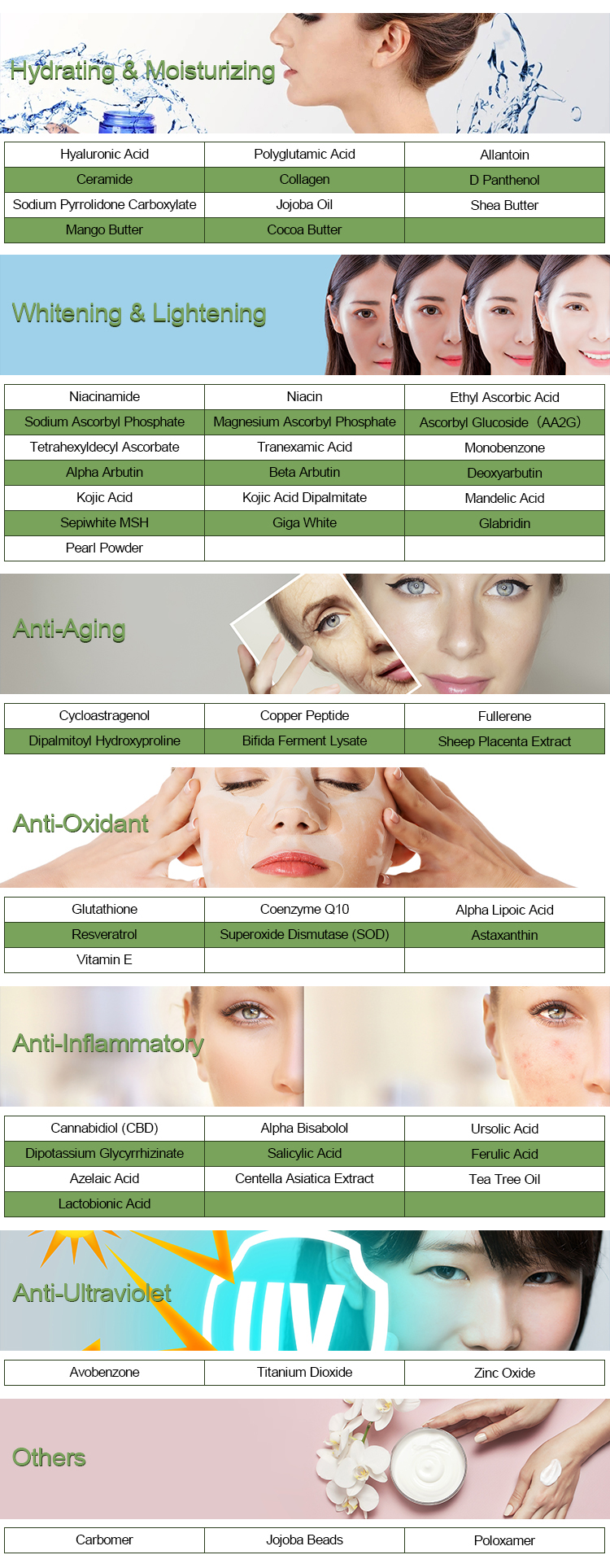As of my last knowledge update in September 2021, Isosorbide Dimethyl Ether (IDME) is a relatively novel compound that has gained attention for its potential applications in various industries. However, please note that developments and research might have occurred since then. Here are the general pros and cons associated with IDME:

Pros of Isosorbide Dimethyl Ether:
- Renewable and Sustainable Source: Isosorbide, the precursor to Isosorbide Dimethyl Ether, can be derived from renewable resources like corn or other biomass. This makes Isosorbide Dimethyl Ether a more environmentally friendly alternative to traditional petrochemical-based compounds.
- Biodegradable: Isosorbide Dimethyl Ether is expected to be biodegradable, meaning that it can break down naturally in the environment without causing long-term pollution or harm.
- Low Toxicity: Early studies suggest that IDME may have relatively low toxicity levels, making it a potentially safer option for various applications.
- Versatility: Isosorbide Dimethyl Ether can be used in various industrial applications, such as solvents, fuel additives, and chemical intermediates, due to its unique chemical properties.
- Reduced Carbon Footprint: As a potential bio-based alternative, the use of IDME in various industries could contribute to reducing carbon emissions by replacing conventional, fossil fuel-based compounds.

Cons of Isosorbide Dimethyl Ether:
- Limited Research: As of my last update, research on Isosorbide Dimethyl Ether is still in its early stages, so there might be unknown risks or limitations associated with its use that have not yet been identified.
- Processing Challenges: The production and processing of Isosorbide Dimethyl Ether may require specialized equipment and technologies, which could potentially increase production costs or limit its adoption.
- Competition with Existing Compounds: IDME would need to compete with well-established and widely used petrochemical-derived compounds. Market adoption might be slow due to the established infrastructure and familiarity with existing options.
- Performance Concerns: Depending on the application, Isosorbide Dimethyl Ether might have different performance characteristics compared to traditional compounds. Ensuring that Isosorbide Dimethyl Ether meets the required standards and specifications is essential for its successful adoption.
- Economic Viability: The cost of production, especially on a large scale, can be a significant factor in determining the economic viability of IDME as an alternative to existing compounds.
- Regulatory Hurdles: New compounds often face regulatory challenges, including safety assessments and approvals, which can slow down their entry into the market.
- Limited Availability: Depending on the region and availability of feedstocks like biomass, the production and availability of Isosorbide Dimethyl Ether might be limited.
It’s important to note that the pros and cons of Isosorbide Dimethyl Ether can change as more research is conducted, technologies improve, and industries evolve. If you’re considering the use of IDME for a specific application, it’s advisable to consult the latest scientific literature and industry reports to gather the most up-to-date information.
